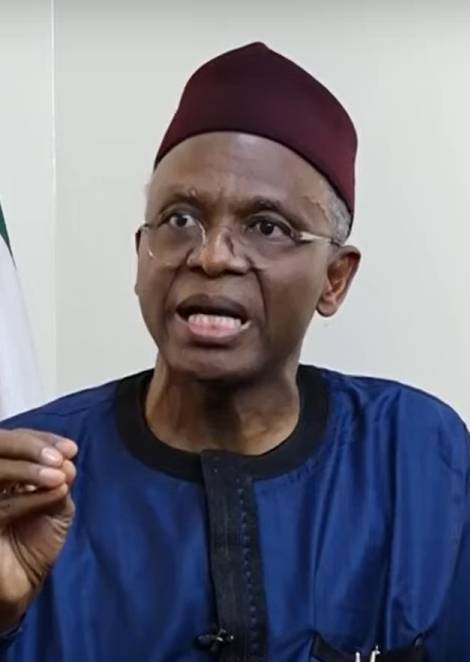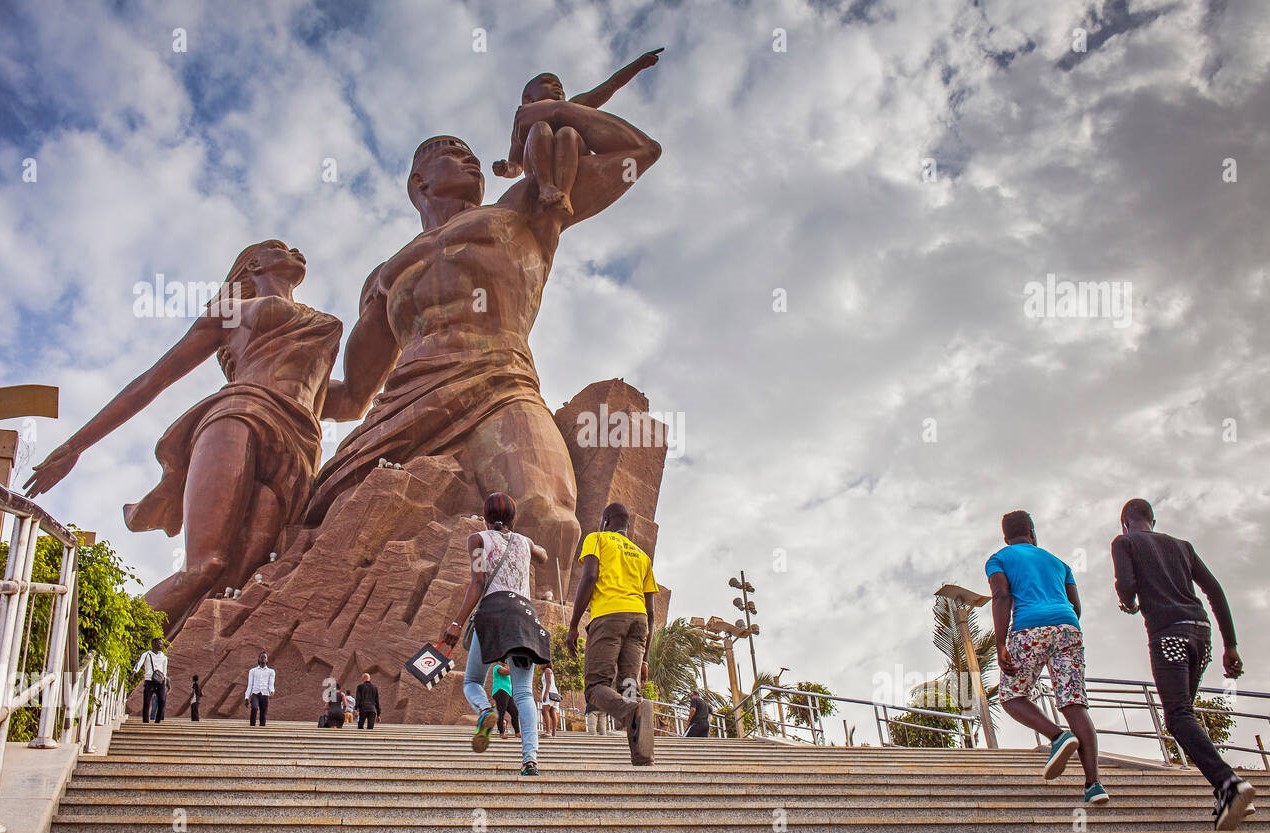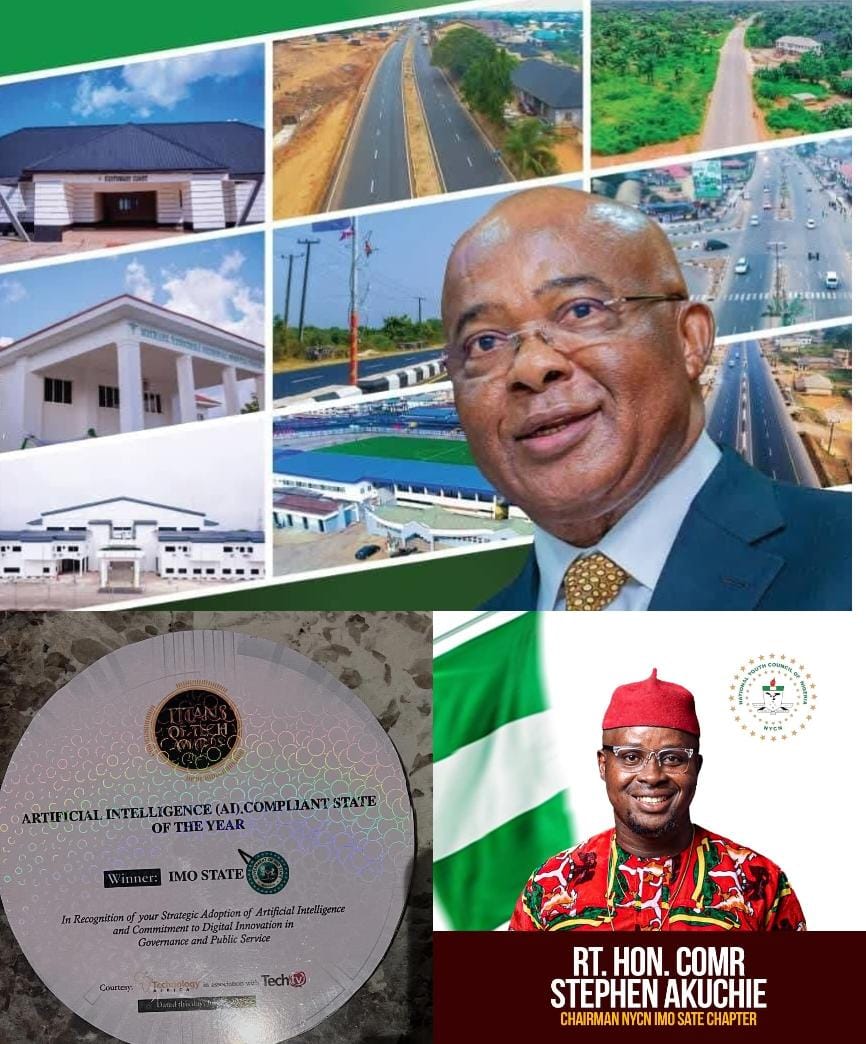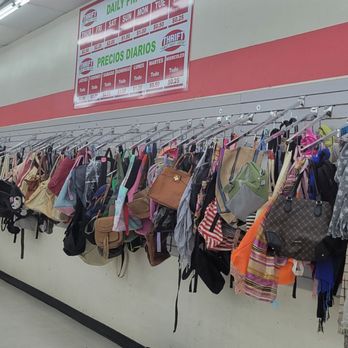Imperative of Electoral Reforms Now

Imperative of Electoral Reforms Ahead of 2027
By Joseph Odok, PhD, Esq
Agitations for Electoral Reforms must be intensified now to avert planned State capture in the build-up to 2027. There may be no need for any budget or participation in the 2027 elections unless there are Electoral Reforms.
The recent increase in INEC’s budget from about 40b last year to about 150b naira this year has raised eyebrows. This is concerning considering the fact that INEC’s reputation has grown increasingly low amidst speculations of complicity with agents of State capture. The conduct of Imo, Bayelsa, Kogi, Edo, Ondo, off-cycle and local government elections has further fueled distrust.
Criticism of INEC has been mounting, with calls for a boycott of the 2027 election unless sincere efforts are made towards electoral reform and the full implementation of the UWAIS report.
Key takeaways to sanitize the electoral system and liberate Nigeria from agents of state capture include:
– Lack of Accountability: The government approves exorbitant amounts for INEC, yet fails to audit its conduct or punish complicity in previous elections.
– Flawed Electoral Law: INEC collaborates with state institutions, but the burden of proof for victory is shifted to those who feel manipulated. This keeps agents of state capture in power and weakens the fundamental basis of democracy that vests power over the majority of the people
– INEC’s Refusal to Share Data: INEC withholds data from political parties, making it impossible to prove electoral fraud.
– Unpunished Electoral Offenses: Government agencies fail to punish offenders despite provisions for punishment.
– Voter Apathy and Disenfranchisement: The registration and PVC collection process frustrates and excludes Nigerians. According to the available data the population of Nigeria is over 200 million, out of the total 93.47 million registered voters, only 24.9 million persons voted in the presidential and National Assembly elections. This represents a voter turnout of 26.72% which is worse if compared with our population of over 200 million people in Nigeria
The weaponization of poverty for vote buying: This practice involves politicians exploiting vulnerable individuals by providing them with cash, goods, or services in exchange for their votes. Researchers have found that vote buying is more common in areas with high levels of poverty, as individuals may feel compelled to sell their votes to meet their basic needs. Agents of state capture deliberately fail to address the root causes of poverty thereby weaponizing poverty for vote buying.
– Frustrated Electoral Advances: INEC and courts frustrate attempts to sanitize elections through technology.
– Biased Appointment Process: The appointment of INEC chairman and Resident Electoral Commissioners violates constitutional provisions.
– Jettisoning the UWAIS Report: INEC ignores the report’s recommendations, allowing interference by agents of state capture. The recommendation includes the completion of all litigation before swearing in of elected persons to avert the use of state power and funds to compromise the judiciary and state institutions
Only comprehensive electoral reform can guarantee Nigeria’s democracy. A holistic approach is necessary, and a robust engagement by civil societies, pro-democracy groups, NGOs, stakeholders, opinion leaders, and political parties is required. As it stands, participating in elections without electoral reform would be a waste of time and a risk to patriotism. INEC’s collaboration with government institutions and agents of state capture to frustrate free and fair elections has become increasingly evident.
##









